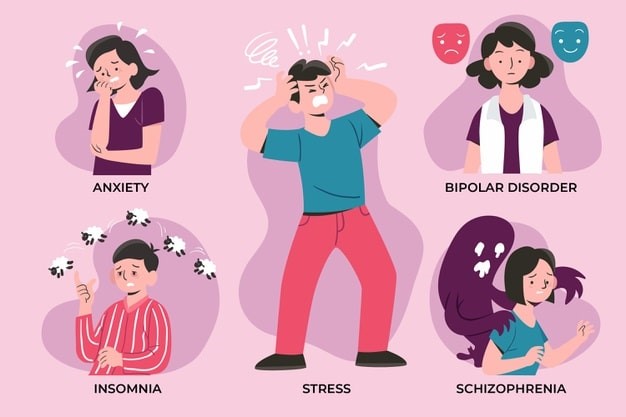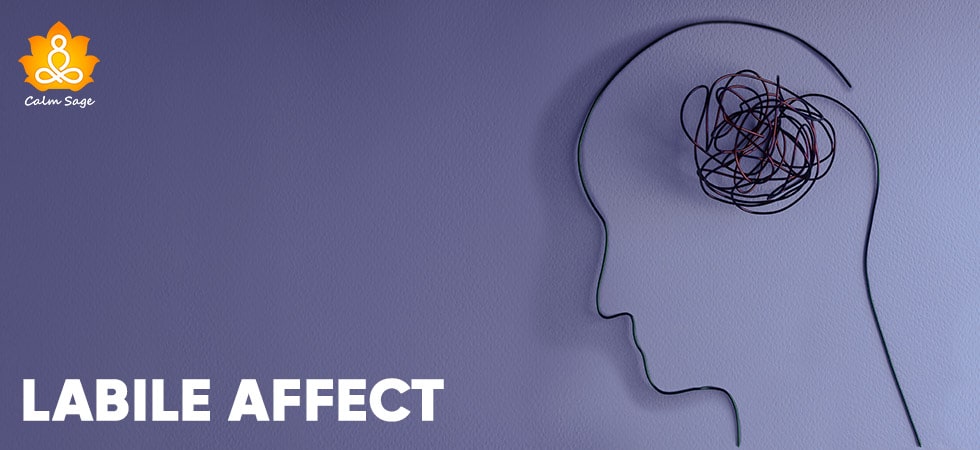Psychologist v.s Psychiatrist: What’s The Difference

More often than not things in our life seem out of control and just when we think that we have some semblance of control, it can be taken away from us.
In those times, we seek someone who can help us solve our problems. More than half of the time, we reach out to our closest friends and loved ones but sometimes we need professional help to navigate our way out of the mess.
When we think about professional help, we come across vocabulary such as psychologists, therapists, counselors, psychiatrists, psychotherapists, etc but are you aware that all these terms differ from one another?
Especially when it comes to psychologists and psychiatrists.
Many people, inadvertently, use either term synonymously. While both professions are related to the mental healthcare field, they are not the same. What they do, how they do, and why they do – is different from the other.
In this article, I’ll help you understand a few of the key differences these two mental health professionals carry. Let’s start by understanding who they are.
Psychology v.s Psychiatry: The Definition

Psychology is the study of human behavior and mind. The field of psychology study how we think, feel, and react in certain situations and social interactions. The people who gain an in-depth knowledge of human behavior and mind are called psychologists.
Psychiatry, on the other hand, is one of the branches of medicine that deals with treating mental disorders, emotional disorders, and other disorders of the neurological kind. The people who study this field are called psychiatrists. They are trained and allowed to prescribe certain medications to help their patients while psychologists are not.
Both of the fields – psychiatry and psychology – are focused on researching various mental health disorders, improve emotional wellness, and help people live healthy lives.
Psychologist v.s Psychiatrist: The Difference
There are few significant differences between the two professionals – including their approach, training, education, and what conditions they can treat.
1. Therapy Approach
Psychologists primarily focus on employing different types of therapies to help their clients understand and cope with their problems.
They might use approaches such as:
- Cognitive-behavioral therapy (CBT)
- Psychodynamic therapy
- Rational-Emotive behavioral therapy (REBT)
- Humanistic therapy
…among others to help treat certain problems. Psychologists are also trained to conduct various tests to examine a person’s mental state to understand what is the right treatment plan for them.
A psychiatrist’s primary approach is medication. After they diagnose their patient, they create a treatment plan for them. Their main focus is on helping their patient manage the symptoms of their conditions using medications and psychotherapy.
While they are trained in approaches like CBT, REBT, and others, in a typical setting a psychotherapist takes the lead on the therapies.
2. Terminology

Psychology is an umbrella term that can cover various sub-fields under it. People who practice clinical psychology, counseling psychology, child psychology, cognitive psychology, forensic psychology, and such others can all be termed, psychologists. A psychologist doesn’t need to always work with mental health problems.
Psychiatrists are medical professionals who work mainly in the healthcare settings such as hospitals or mental health clinics. Their domain of work is limited to mental health care and they can specialize in areas such as child and adolescent psychiatry, addiction psychiatry, clinical psychiatry, etc.
3. Education
The education for psychologists differs from that of psychiatrists. To be a psychologist, a person is required to have a Bachelor’s in psychology as well as a Master’s in the same. For example; To practice clinical psychology, you would need an undergraduate, a postgraduate (MA), and two additional years of M.Phil in psychology.
Psychiatry is a medical field and a psychiatrist is essentially a physician. To become a psychiatrist, a person must have a medical degree (MBBS) as well as an MD in psychiatry.
4. Conditions Treated

Psychologists are educated and trained to treat psychological disorders and conditions such as:
-
- Depression & Anxiety
- Learning disabilities
- Intellectual disabilities
- Behavioral issues
…among others.
While psychiatrists are trained in treating neurological and psychotic disorders such as severe depression, schizophrenia, bipolar disorder, severe anxiety, autism, etc.
5. Treatment

While many people believe that psychologists can prescribe medicinal treatments, it is not true. Any psychologist cannot prescribe medications, whatsoever. They can conduct various psychological treatments to determine a diagnosis and conduct therapies to help their patients. However, if there is a severe case that comes to them, they can refer a psychiatrist for treatment.
Like I said before, psychiatry is a medical field and hence a psychiatrist is legally able to prescribe medications to their patients, unlike a psychologist. Psychotic disorders such as schizophrenia, obsessive-compulsive disorder (OCD), attention-deficit hyperactivity disorder (ADHD), are more responsive to medical treatment combined with therapy.
Key Takeaways
- Psychologists treat mental health conditions with therapies while psychiatrists depend on medications.
- Psychiatrists only help treat mental health disorders while psychology is a vast field with different sub-fields in it.
- Psychiatrists require a medical degree (MBBS and MD) while psychologists require a B.A, M.A, and M.Phil.
- Psychology can help with behavioral issues while psychiatrists help treats severe neurological and mental health disorders.
- Psychologists cannot prescribe medications while a psychiatrist
Final Thoughts….
While both professionals belong to the same field of mental healthcare, psychologists and psychiatrists have significant differences. However, in some cases, they can work with each other to help a patient with a mental health disorder. However, there are certain things that a psychologist can provide which a psychiatrist can’t and vice versa.
If you’re not sure who is right for you, you can talk to a counselor. You can also write to us at info@calmsage.com or visit our website to know more.
Treatment and who is the right professional for help depends on your condition and disorder. Ask for help if you need it; you’ll get help only if you ask for it.
“The best advice I can give to anyone going through a rough patch is to never be afraid to ask for help.” – Demi Lovato




















